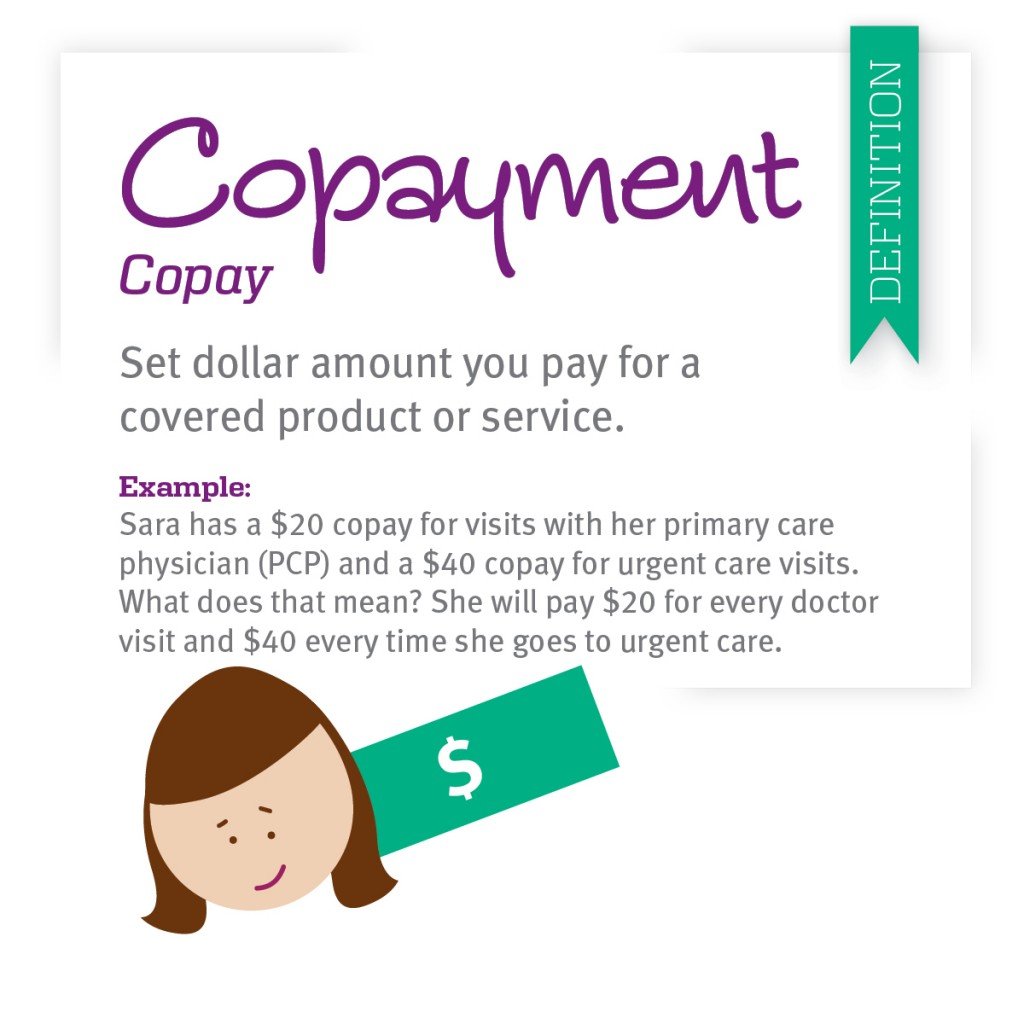insurance basics
Out-of-Pocket costs
Your expenses for medical care that aren’t reimbursed by insurance. Out-of-pocket costs include deductibles, coinsurance, and copayments for covered services plus all costs for services that aren't covered. Out-of-pocket costs vary by plan, consult your insurance plan for more information.
Copay
The amount you pay to a healthcare provider at the time you receive services. You may have to pay a copay for each covered visit to your therapist, depending on your plan. Not all plans have a copay.
Co-insurance
A certain percent you must pay each benefit period after you have paid your deductible. This payment is for covered services only. You may still have to pay a copay.
Deductible
The amount you pay for your healthcare services before your health insurer pays. Deductibles are based on your benefit period (typically based off calendar year).
Health Savings Account (HSA)
An account that lets you save for future medical costs. Money put in the account is not subject to federal income tax when deposited. Funds can build up and be used year to year. They are not required to be spent in a single year. HSAs must be paired with certain high-deductible health insurance plans (HDHP).
FSA (Flexible Spending Account)
An FSA is often set up through an employer plan. It lets you set aside pre-tax money for common medical costs and dependent care. FSA funds must be used by the end of the term-year. It will be sent back to the employer if you don't use it.
Self-Pay Services
The out-of-pocket amount you pay when you do not use insurance for coverage of services. MLC has a self-pay rate of $115 / session and a military self-pay rate of $100 / session. All self-pay rates also include the intake session (which is usually billed by insurance at a higher rate if you were to choose to pay down your deductible).
In-network | network provider
A healthcare provider who is part of your insurance plan’s network. In-network providers can provide services at a lower cost than out-of-network providers.
out-of-netowrk provider
A healthcare provider who is not part of a plan’s network. Costs associated with out-of-network providers may be higher or not covered by your plan.
Outpatient Services
Services that do not need an overnight stay in a hospital or admittance to a hospital. Example include: primary care clinic, community health, pharmacy, non-stay mental health facility or private practice.
Preferred Provider Organization (PPO)
A type of insurance plan that offers more extensive coverage for the services of healthcare providers who are part of the plan's network, but still offers some coverage for providers who are not part of the plan's network. PPO plans generally offer more flexibility than HMO plans, but premiums tend to be higher.
Health Maintenance Organization (HMO)
With an HMO, you choose a primary care physician (PCP) who coordinates your care through in-network doctors and hospitals. When visiting a specialist or receiving care, a referral from your PCP is often required for the services to be covered. You do not have the option to see out-of-network providers when you have an HMO.













